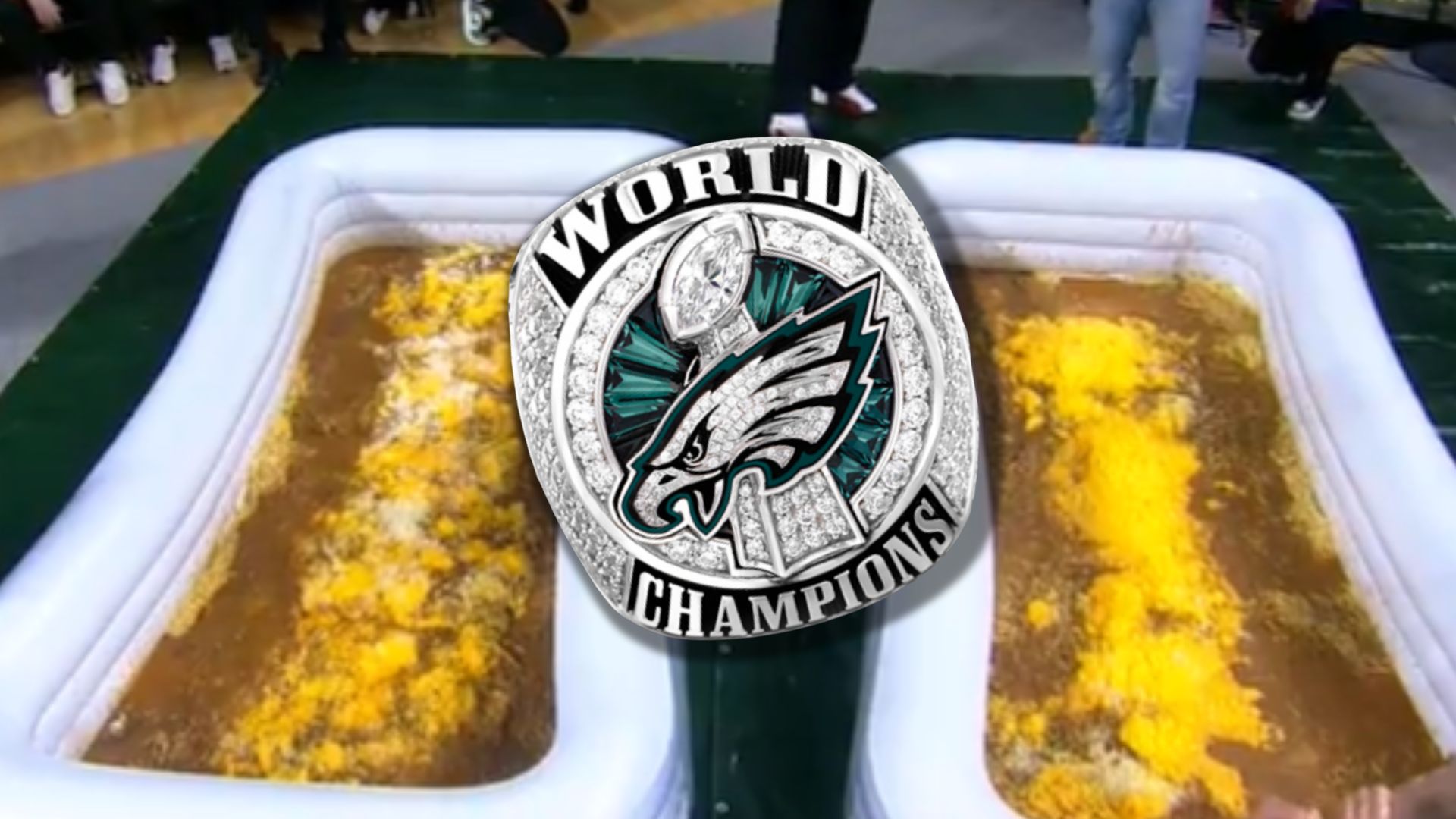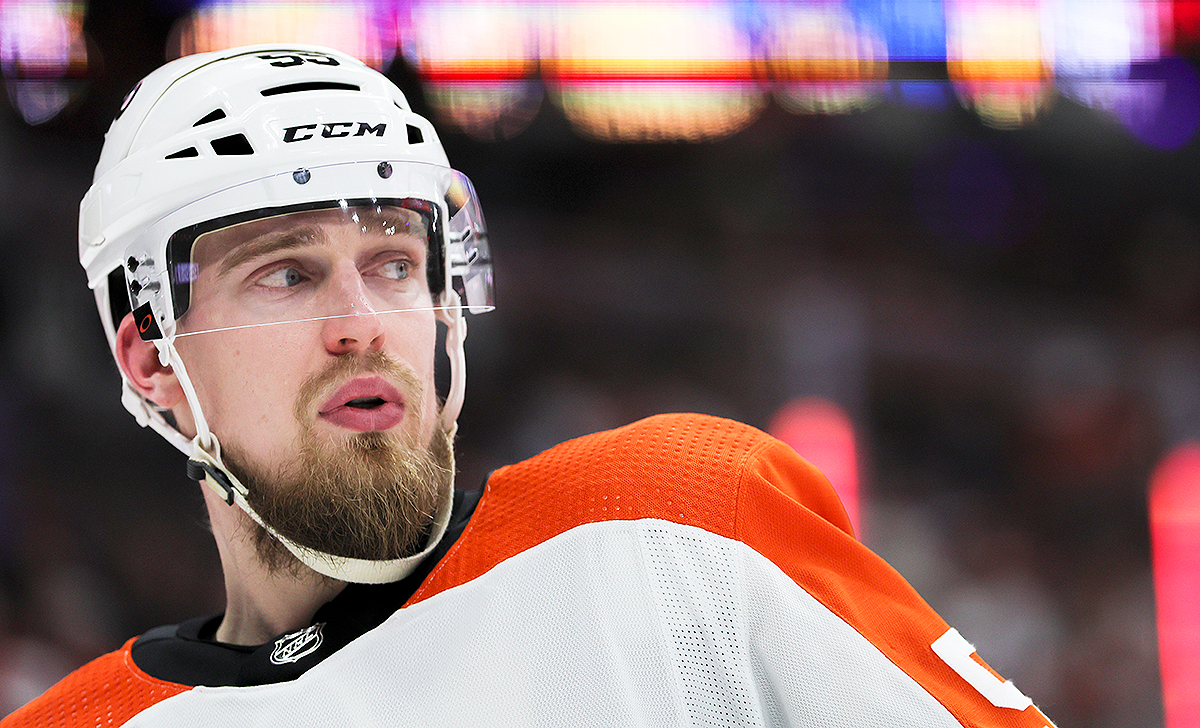Charlie Morton earned the win in Wednesday night's wild-card game between the Rays and the A's. He didn't allow an earned run over five innings, departing with a four-run lead that Tampa Bay's uber-talented bullpen maintained.
The Athletics were at home but their home-field advantage was mitigated by Tampa's edge in the starting pitching matchup. Morton is better than even Sean Manaea, who had a 1.21 ERA in five late-season starts after missing a year with a shoulder injury.
That's not a knock on Manaea. Morton has been one of the dozen best starting pitchers in baseball the last three seasons. Otherwise known as his three seasons post-Phillies.
The Phils acquired Morton from Pittsburgh with one year and $8 million remaining on his contract before the 2016 season. All it cost them was a former 34th-round starting pitcher who never reached the majors. Morton just wasn't viewed then the way he's viewed now.
Morton pitched well in spring training for the Phils and showed signs of an improved repertoire to begin the regular season. His fastball velocity was up, and in four starts, Morton had a 4.15 ERA with 19 strikeouts in 17⅓ innings. To that point in his career, he had struck out only 6.3 batters per nine innings.
Morton tore his hamstring in his fourth start and missed the remainder of the 2016 season. The following offseason, he reached free agency and the Phillies opted against bringing him back. He signed a two-year, $14 million deal with the Astros with annual performance bonuses for reaching 12, 20, 25 and 30 starts. He reached seven of those eight incentives, earning an additional $4.375 million.
Sports
In partnership with NBC Sports Philadelphia
That same offseason Morton signed with the Astros, the Phillies signed Clay Buchholz, Joaquin Benoit and Michael Saunders. Talk about picking the wrong veterans.
Should the Phillies be criticized for not bringing back Morton? Maybe. It involves a ton of hindsight. But that's kind of the point. They simply have not identified enough under-the-radar, ascending talent in free agency or via trade. A regime as analytically-inclined as this one should have. Had the Phils' front office had more success with these types of moves, they'd get more of a pass for the ones they didn't make.
Think about how much different the last few years of Phillies baseball would have played out if they, instead of the Astros, were the team that signed Morton to that two-year deal before 2017. In the three years since that lone season with the Phillies, Morton is 45-16 with a 3.24 and 1.14 WHIP in 88 starts. He has 96 more strikeouts than innings pitched. He's basically been on par with Aaron Nola in overall value during that period.
Had the Phillies gotten from Morton what the Astros did, they would never have needed to sign a clearly declining Jake Arrieta. Arrieta's ERA, WHIP and rate of hits allowed all increased for three straight years before the Phillies committed $75 million to him. That's not hindsight; we outlined those concerns at the time, as well. There was a reason the Cubs shied away after Arrieta's storied run in Chicago.
Now, some will say that Morton would not have reached this level without going to Houston, where Justin Verlander, Gerrit Cole and Wade Miley have all thrived in an excellent organization that was at the forefront of the spin rate/high-heater movement. Maybe that's true. But Morton has always been extremely analytical himself. He's one of the most interesting and unique players to come through the Phillies' clubhouse in years. You could ask him a routine question and get a five-minute, poignant answer that helped you better understand the craft of pitching. Morton might have figured things out even without the Astros. He was on his way in 2016 before suffering that devastating injury running out a sac bunt.
The Phillies had another crack at Morton this past offseason but he went to Tampa for two years and $30 million. The Phillies were more so in pursuit of Patrick Corbin and J.A. Happ. David Robertson signed with the Phils for two years and $23 million and will end up missing almost all of both seasons. Another unfortunate event for the Phils at a cost similar to what the Rays paid Morton.
Should the Phillies' front office be criticized for letting Morton slip from their grasp the first time? Probably not - they didn't have enough evidence that he'd be this good as he aged. The second time is less excusable. It's another example of the Phils failing to make that mid-tier move for a player that exceeds expectations. If Matt Klentak ends up losing his job, this theme will have played a large role.



